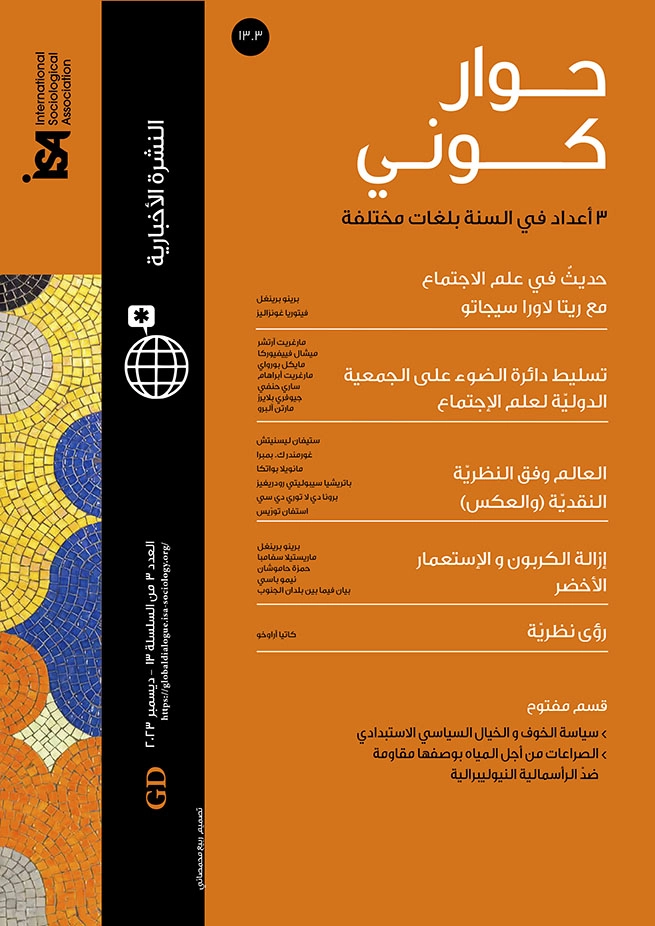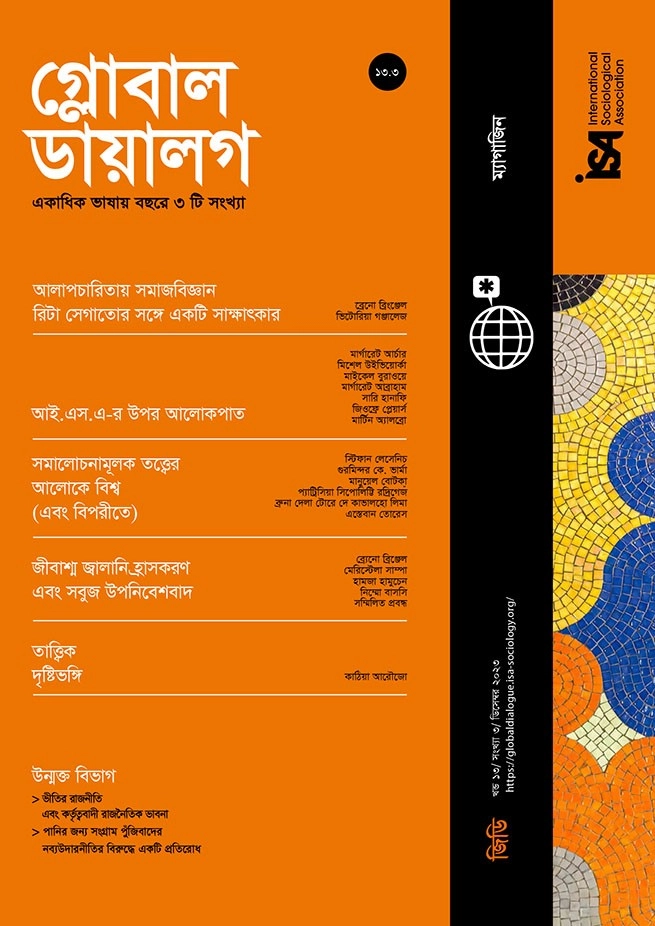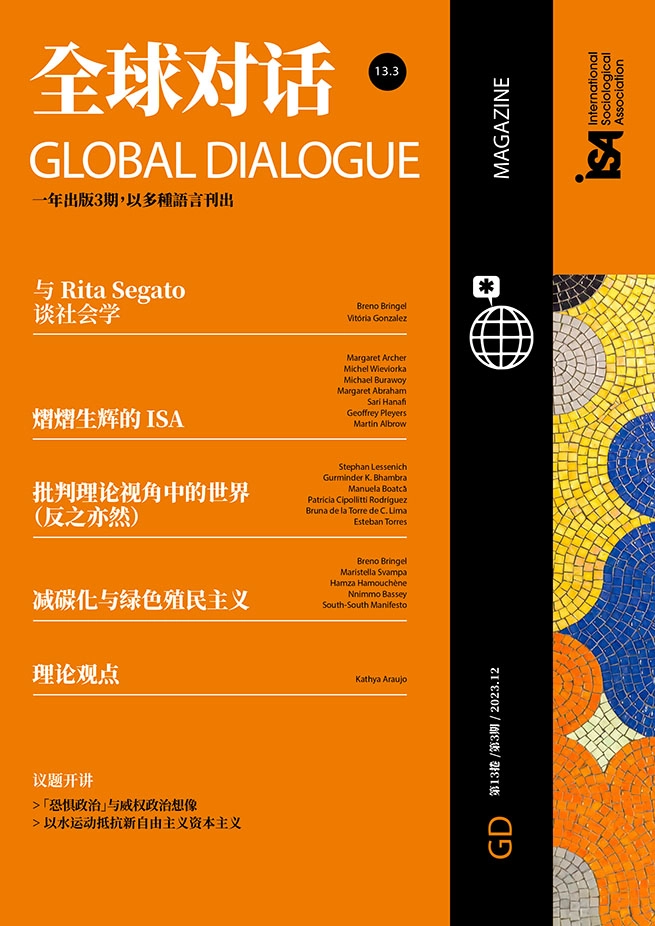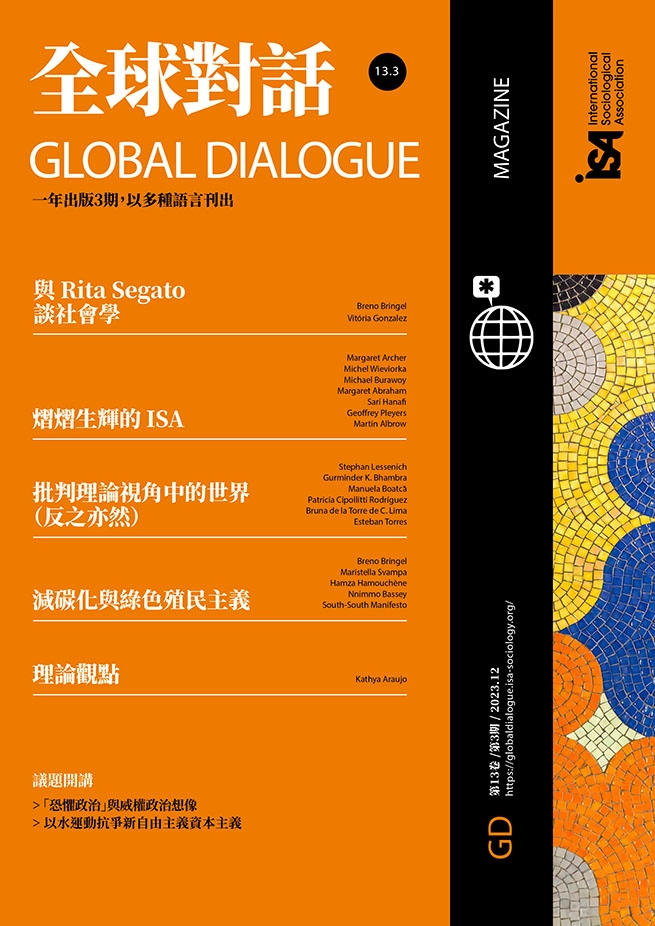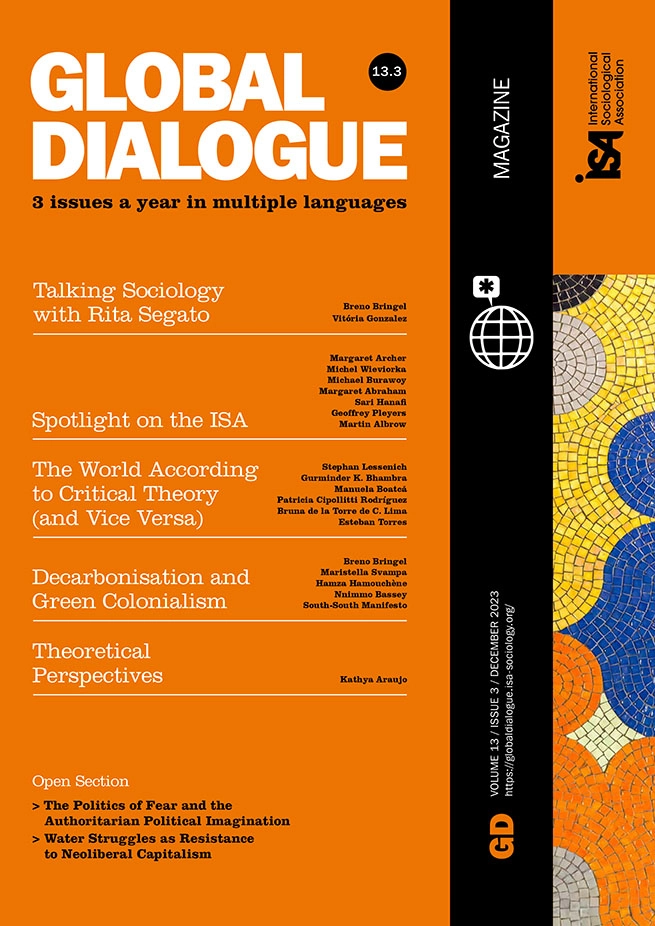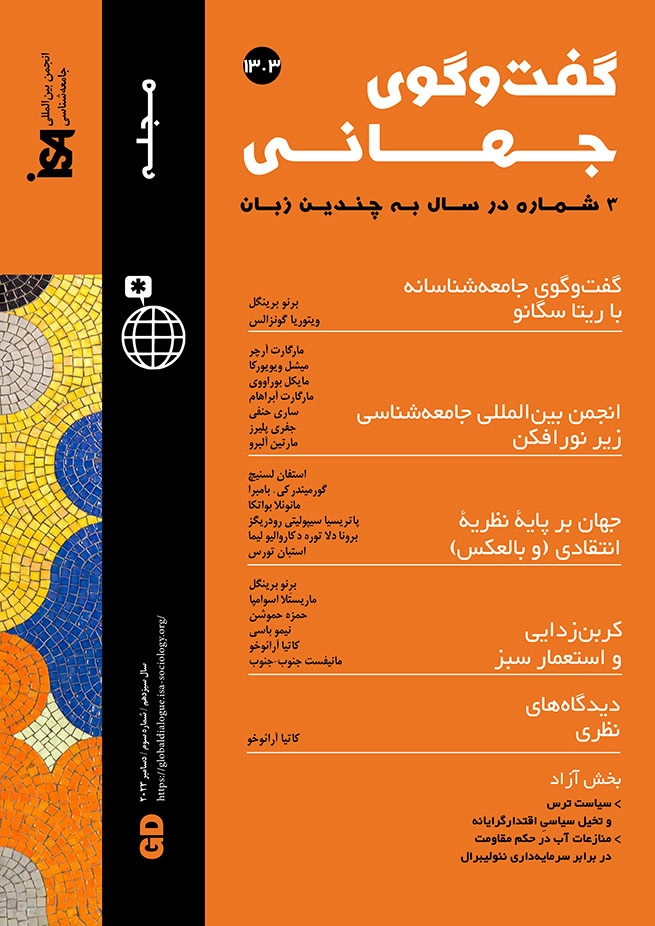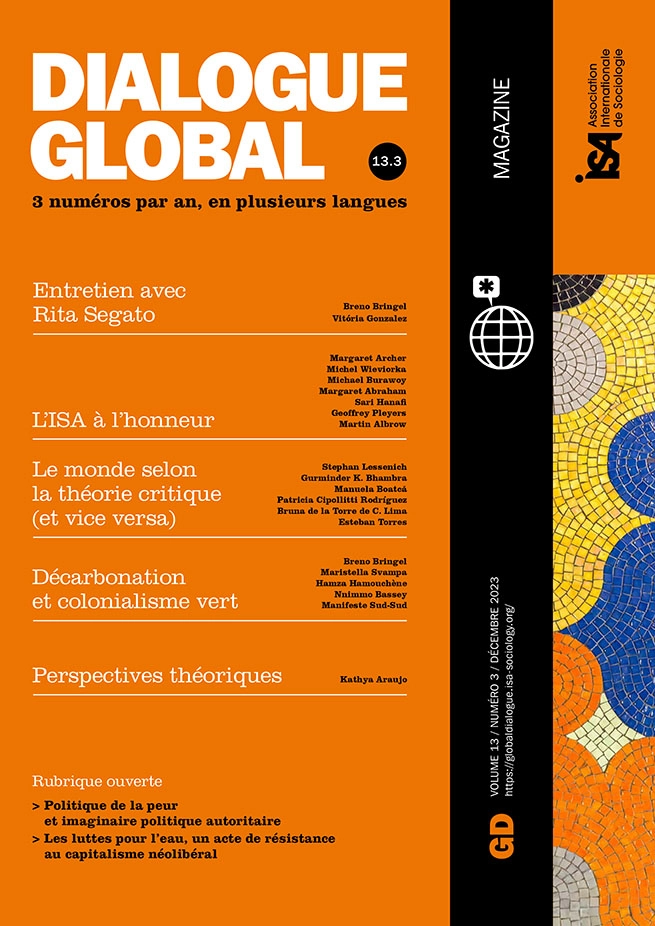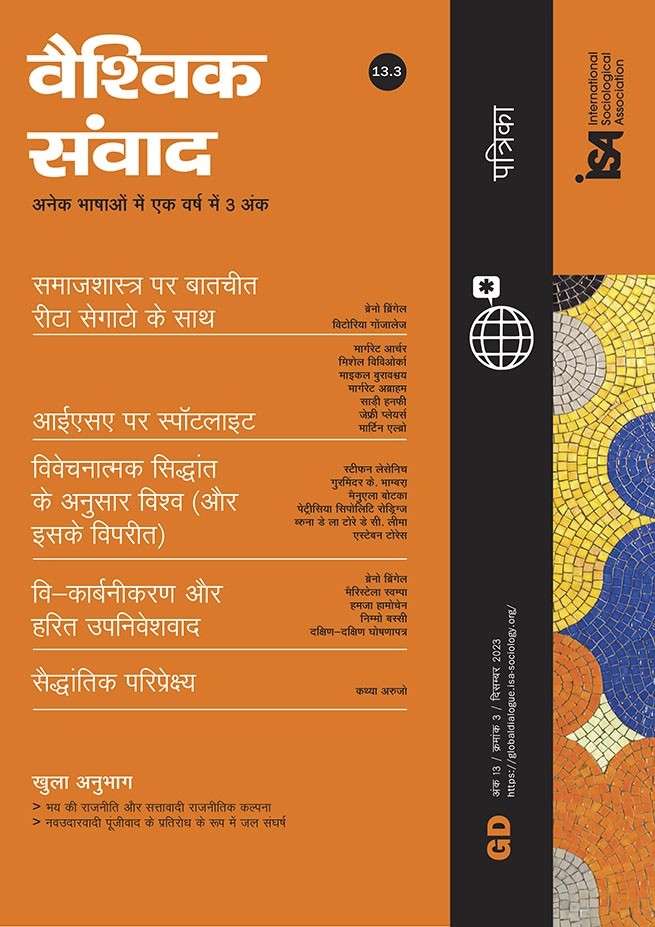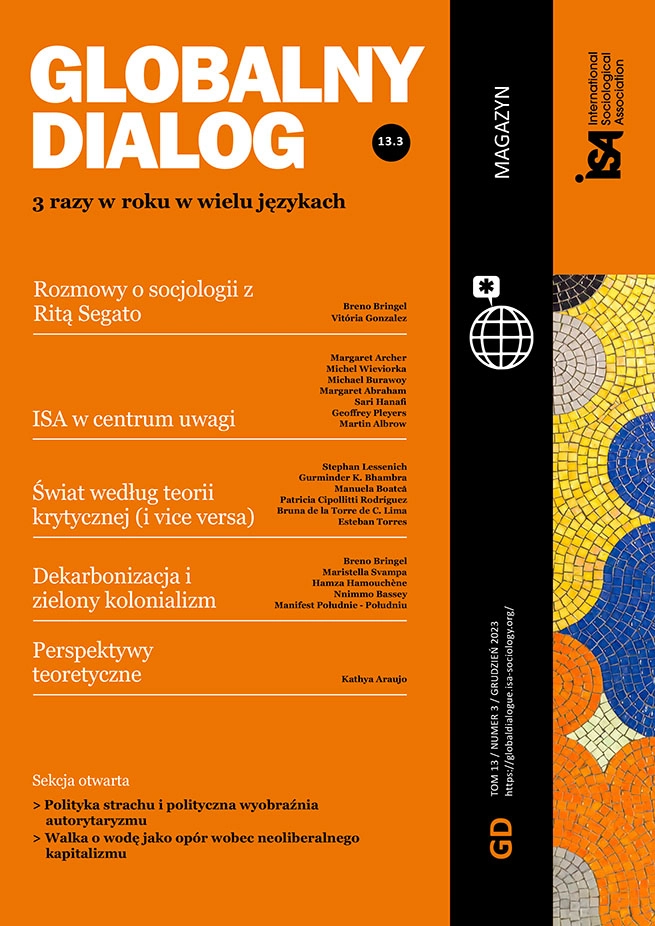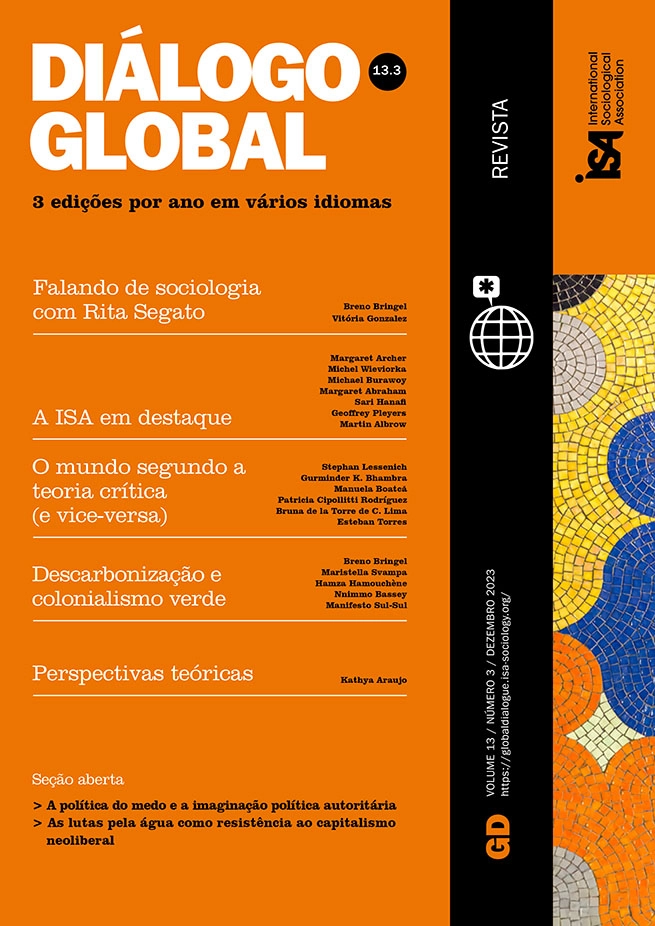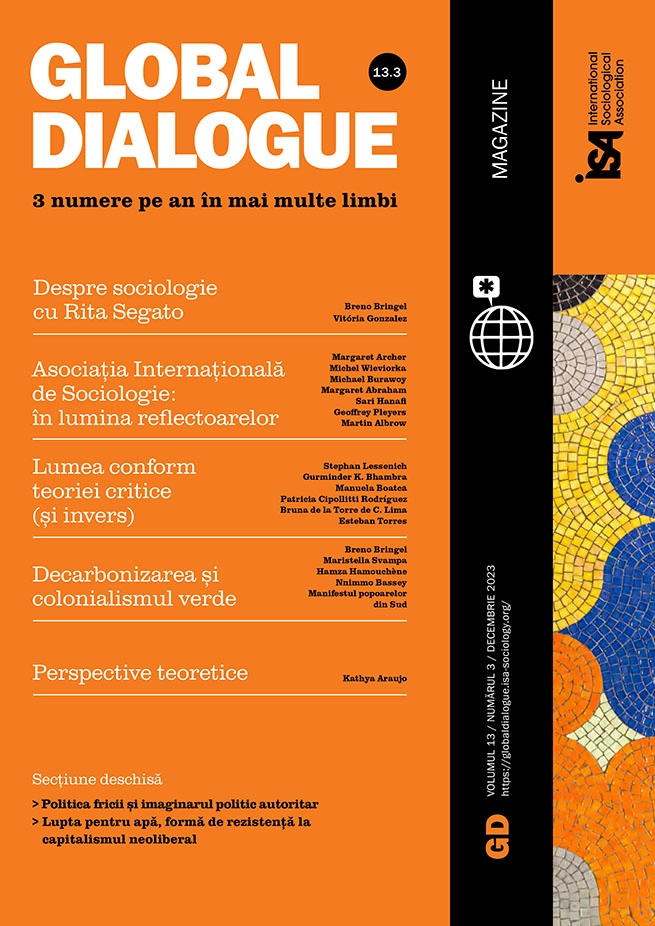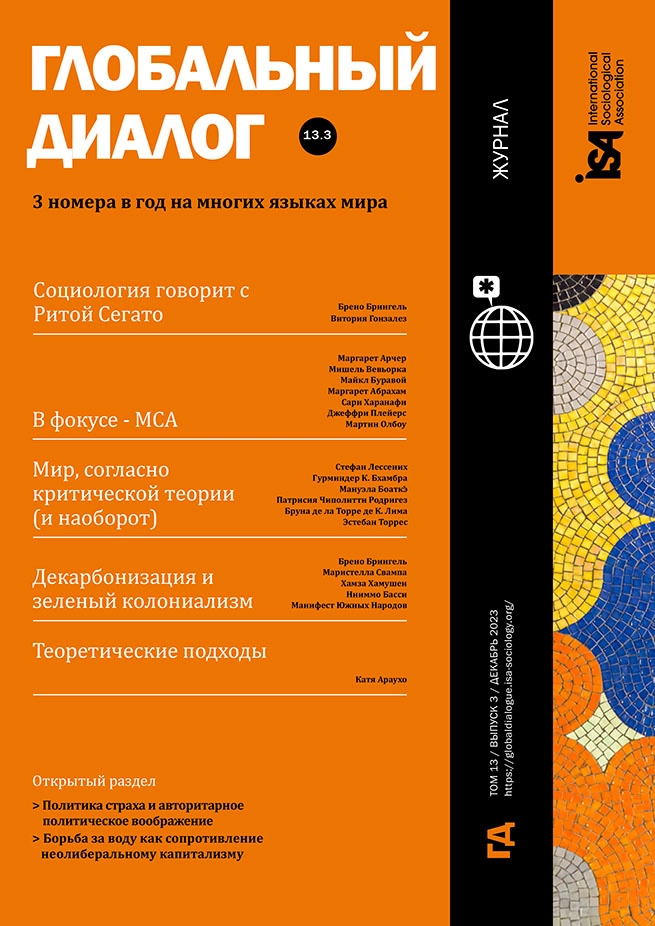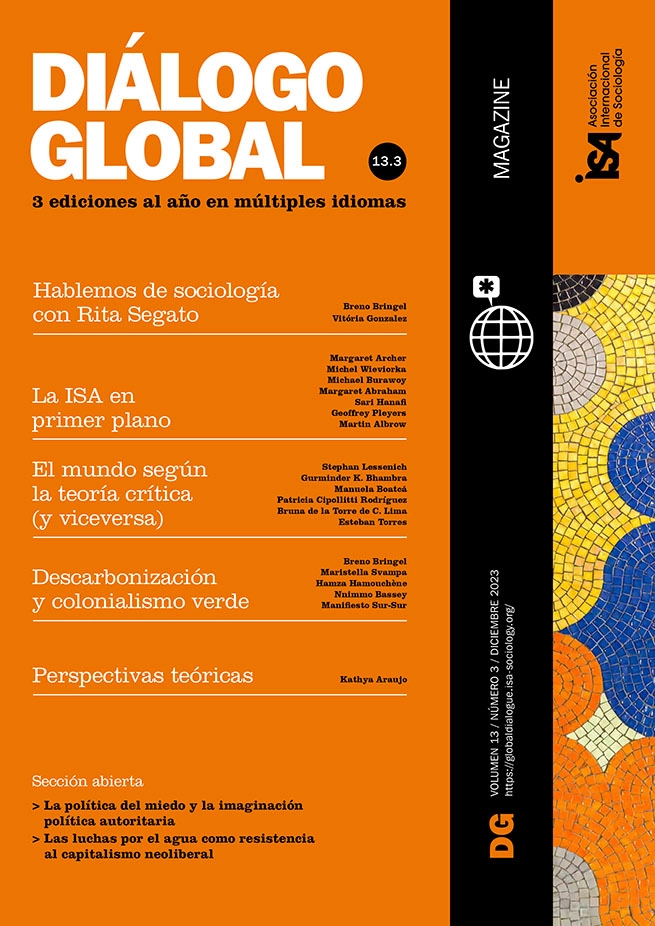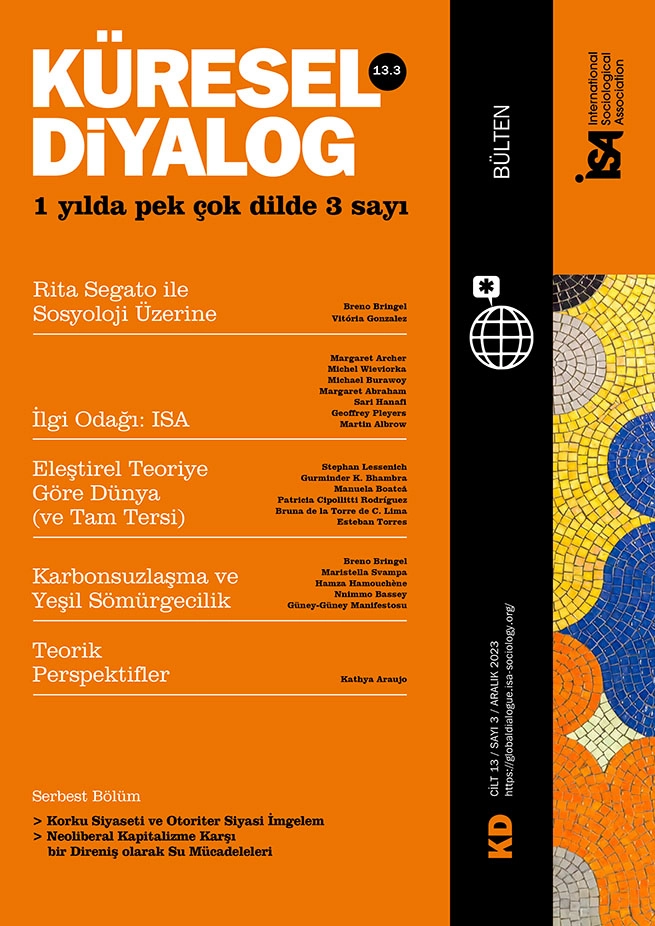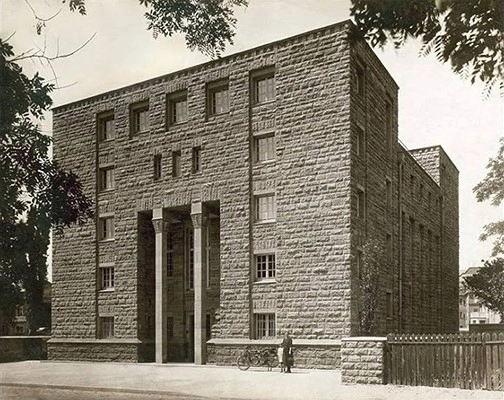The 100th anniversary of the Institute of Social Research, and thus of the so-called Frankfurt School, is the moment to ask why Critical Theory Frankfurt style has run out of steam – and when did it do so. Often, Critical Theory’s communicative turn as processed by Jürgen Habermas in the early 1980s is seen as its critical juncture. Habermas’ move not only paved the way for the effective de-materialization of critical-theoretical thinking, but it relegated class analysis and the logics of capitalist reproduction to second place, if not to its margins. Beyond that, Habermas’ focus on an immanent critique of liberal democracy geared the second generation of Critical Theory towards an insistence on the political completion of modernity’s “unfinished project”, with the European Union becoming the main object of normative desire and the potential role model of a social-democratic design of late-modern, post-national society.
Eurocentric Critical Theory missed globalization
Against this background, it does not seem to be an exaggeration to claim that Critical Theory in some way missed globalization. At least in its Habermasian mainstream, it stuck to a certain Eurocentrism, or Occidentalism for that matter, that had already defined most of its first-generation representatives. After World War I, incipient Critical Theory was driven by the puzzle of a failed (or absent) working class revolution against capitalist domination in Western Europe; from the early 1930s onward, it wondered about the material and psycho-social foundations of fascism and the rise of National Socialism; after 1945, and for more than two decades (until the students’ movement in the late 1960s), it was driven by the question of whether democracy could take hold more than only formally in post-fascist Germany (or, moving beyond that particular question, what the potential for social emancipation might be after reason had turned into myth and destruction). So, from the very beginning and throughout its history, and in spite of a US interlude of almost two decades, Critical Theory had a strongly European complexion, and it has retained it until today. Investigating the normative paradoxes of capitalist modernization, as the Institute for Social Research has claimed to do since the beginning of the 21st century, may be said to be a reflection of this structural bias: again, the scientific (and political) agenda centered around an immanent critique of Western modernity, which was accused of having converted individualization and self-determination from an emancipatory promise into an institutional demand.
From the perspective of the rest of the (capitalist) world, such a research agenda obviously comes across as odd and self-referential. For a century now, and in almost all of its classical and contemporary variants, both Western colonialism and imperial rule, on the one hand, and the history of decolonialization and postcoloniality, on the other, have been conspicuously absent from the Critical Theory (with capitals) of high, late, and latest capitalism. There has not been any major, broad, or long-lasting attempt within Critical Theory to provincialize Europe and the European historical experience – or Critical Theory itself. Until the recent past, the logic of capitalist reproduction criticized by Critical theorists was synonymous with the logic of Western capitalism: the normative horizon of such a critique is restricted to the timeless catalogue of the ever-same values as transmitted by European Enlightenment; and the empirical point of reference for all its analytical and diagnostic thinking is made up almost exclusively of the social reality (or what is being portrayed as such) of the rich democracies in the Western hemisphere (or, more recently, the Global North).
Critical Theory and Global Sociology
Having said this, it should be pretty clear that Critical Theory should have an interest in opening itself up to what I would call Global Sociology. But why should Global Sociology worry about Critical Theory?
Let me summarize what, to my understanding, Global Sociology is about. First, Global Sociology is relational in its analytical perspective, systematically relating social phenomena at one place in the capitalist world order to what is happening (and has happened) in other places: relating Western economic success to the exploitation of “cheap” labor and nature elsewhere; relating the social structure of life chances in any “national society” to the (changing) geoeconomic and geopolitical structures of domination; or relating the potential legitimation of a given political order to the possibility of effectively externalizing the costs and conditions of its stable functioning. Second, Global Sociology is decentered in its empirical approach, in the sense of systematically taking into account the multiplicity of local, regional, national, and transnational entities and practices that make up for the institutional logics and everyday life-worlds of “real capitalism” (and capitalist realism). Third, Global Sociology is networked in its professional praxis, connecting research from around the globe in a – as far as possible, given the circumstances and their unequal positionings – co-operative, non-competitive community of researchers engaged in the critical reconstruction of capitalist reproduction in the global age.
Obviously, this is not only a stylized, but an idealized picture: an ideal-typical version – and vision – of a would-be Global Sociology. Especially with regard to the third characteristic, real-existing global sociology falls short of the ideal type, because global sociologists tend to be individualized, sectoralized, and/or nationalized by force of the political economy of the academic field. Certainly there are some institutional centers of gravity, be it in the context of the International Sociological Association or (regionally) of the Consejo Latinoamericano de Ciencias Sociales; and there is, evidently, Global Dialogue. But there is still a long way to go.
Critical Theory can inform Global Sociology
Once again: What could the role of Critical Theory be, de-globalized as it sadly is, along that way? In my view, Critical Theory, and more so one that is reflexive of its historical roots, could inform a Global Sociology in the making in a double sense. On the one hand, it could serve as a corrective for a globally engaged sociology by injecting it with a certain resistance so as to be able to identify the “revolutionary subject” around every corner, thus keeping Global Sociology away from wishful thinking just as much as from an uncritical co-fraternization with the social movement of the day. On the other hand, and in a somewhat paradoxical argument, Critical Theory could effectively reassure Global Sociology that it is capitalism – in all its varieties – that is at the core of the social distortions and societal contradictions we are witnessing. From the capture of the Americas to the recently upgraded Fortress Europe, it is capitalism that has been and still is at work globally. And let’s face it: capitalism kills.
Reasonable or not, then, I envision Global Sociology and Critical Theory as sisters in arms. Their arms, for sure, are social research and scientific critique.
Stephan Lessenich, Frankfurt Institute for Social Research, Germany <lessenich@soz.uni-frankfurt.de>




